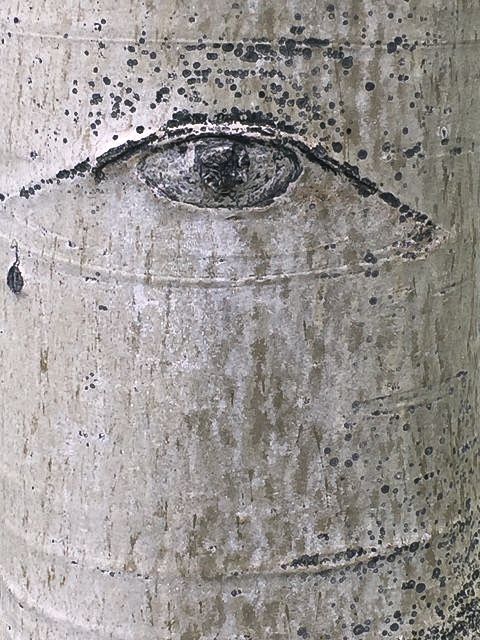I am a Nursing major and, in my classes, we mostly focus on the empirical aspect of treating the patient. I chose to take this class titled Expressive Arts in Healing: Health promotion through the arts because of the interest I have on taking a holistic approach to Nursing. I chose to do a literature review on the European refugee crisis because of the xenophobia that is prevalent in society. I come from a minority background and I have been trying to cope with all the unjust and oppressive stories I see on the news. Both of my parents are from Ethiopia. My father was an orphan, and he had attempted to migrate to Europe by boat but he failed. Eventually, our whole family got an opportunity to come to America through the lottery system. Growing up I heard a lot of stories from my parents about the difficult situation people in Ethiopia and other third-world countries are in. I am an immigrant, and I am able to relate and empathize with the refugees who are migrating to Europe in hopes of a better future. I have had the privilege of growing up in America and gaining an education. I am disheartened by the xenophobia present in society, but I hope that many refugees attain an opportunity to a better life. I am passionate about this topic because of my personal background and doing this literature review has given me hope for change.
The findings of my literature review include many examples of how expressive arts have been used to help warn torn refugee children and traumatized female refugees who have been the victims of rape and persecution. Different modalities of expressive arts including landscape painting, storytelling, and dancing have helped refugees by helping them to cope with trauma, rehabilitation and healing. Furthermore, social worker undergraduates have also used expressive arts to better understand what the refugees were going through. One of these undergraduate students stated that expressive arts have helped him become more helpful and more compassionate to people in need, as well as feeling more confident to speak out against racism and discrimination. The power that expressive arts have to be a catalyst for change is remarkable. In our current climate of political and social unrest the inhumane conditions people are suffering all around the world need to be our focus. Expressive arts are a platform that should continue to be used and studied to start the discussions on ending xenophobia and taking a step toward reuniting humanity.
The Author: Nejat R. Nassir | Honors Project University of Tampa, Florida
